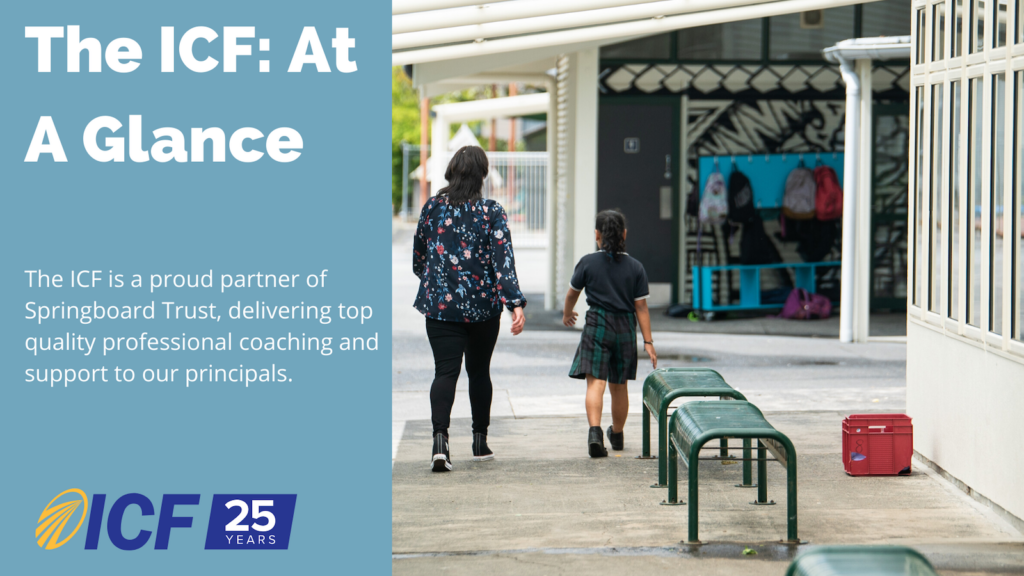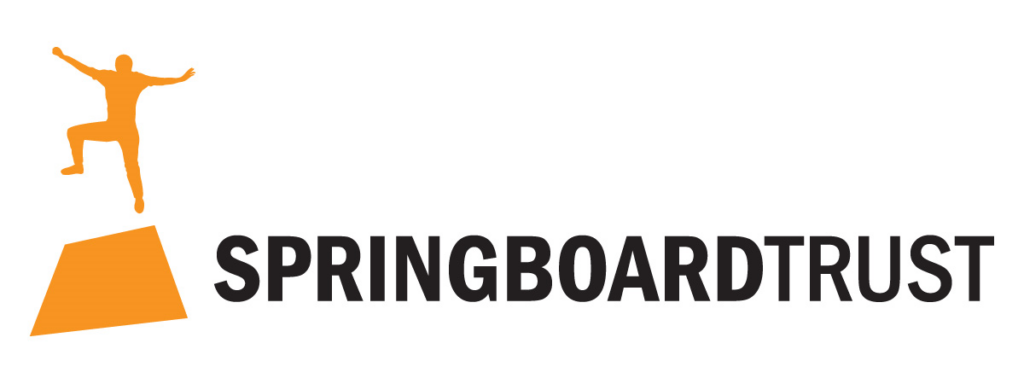“All I do is ask questions – the rest of it, they do.”
Gai Foskett, Master Certified Coach, has a talent for keeping things simple. And while that’s undoubtedly a strength in the leadership coaching sphere, it perhaps belies the true value of what she – and Springboard Trust’s volunteers generally – bring to the table.
Making a positive difference in the world
With 19 years of experience in the executive coaching sphere, Gai has an immense pool of knowledge to draw upon – and a clear understanding of what she wants out of volunteering.
“I can’t get rid of fossil fuels. But if I can make a big difference in lots of small places, it turns into a ripple effect.”
“The work I do normally, I have structured it so I always have time and space for one or two pro bono coaching projects. When the ICF (International Coach Federation) sent out a call for Springboard volunteers, I knew I wanted to give my support.”
As she explains, that’s because education is the most important sector there is.
“It’s undernourished, undervalued, but so incredibly important. Teachers shape young minds, and educational leaders – like leaders in any sector – get lonely at the top. It’s such a privileged space to work in.”

Starting with the leader in the mirror
Gai’s approach to leadership coaching is an holistic one, which means – in her words – getting out of the school leader’s way.
“Coaching, it’s a very empowered space for people to do their own thinking. I try to do that, then get out of their way. It’s a little like being a mirror – whether they’re deputy principals or CEOs, they often don’t have people they can speak to about their leadership struggles.”
“That also makes my role one of a sounding board, and a bit of a cheerleader. I provide rigour and accountability to what they say they want to do. It can be scary for the leader, coming into these sessions knowing they’re going to be stretched and challenged.”
“But that’s my job. Finding the simple questions they need to answer, no matter how hard, and then letting them come to that answer themselves.”
Building vulnerability
With that focus on enabling and holding accountable comes some significant challenges – especially in the education sphere.
“Leaders, especially new ones, seem to think they have to know all the answers, and refuse to be seen as vulnerable. They haven’t connected with the idea that vulnerability is courage. You have to learn as a leader that you’re not the one who knows everything – you’re the one who empowers your people to find answers themselves, to learn and grow as individuals.”
“People tell me things they’ve never told anyone before. About how they think, why they act the way they do – just because nobody has ever asked them. ”
Gai Foskett, Master Certified Coach
Better than equal
This is a difficult road, especially with so many ingrained behaviours that create barriers to vulnerability in leadership – something Gai understands well.
“When I was a senior executive in the corporate space , working with a lot of male lawyers and accountants, I had to be better to be considered equal. Sadly, I still see this in some workplaces – it’s very detrimental.”
“I’ve seen women in leadership who refute that vulnerability because, like I did, they feel they have to know everything just to be seen as equal by their male coworkers. It’s an incredibly hard approach, because that idea that vulnerability is weakness is still so pervasive.”
Coming back for more
Despite the many struggles for leaders in education, Gai remains committed to helping them succeed.
“People tell me things they’ve never told anyone before. About how they think, why they act the way they do – just because nobody has ever asked them before.”
“That’s the thing with Springboard Trust volunteering – you have the opportunity to make such a huge difference to leaders who play the most important role in our children’s lives.”
“It cascades down as well. You help leaders understand themselves, they help their team, who then pay it forward to others. That ripple effect, the trust you build, it is just incredible. If you’re ever on the fence about whether you should do this kind of work, let me tell you:
just do it!”
Find out more about how you can help New Zealand schools









